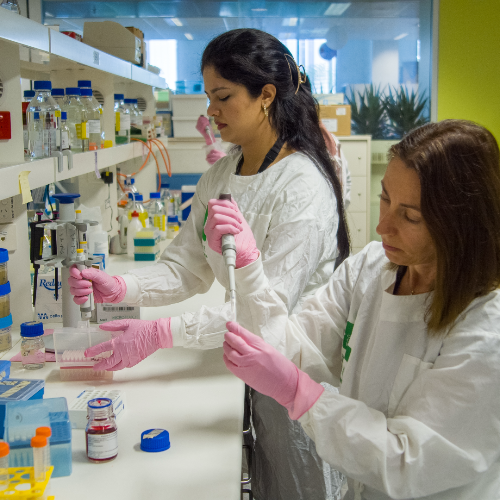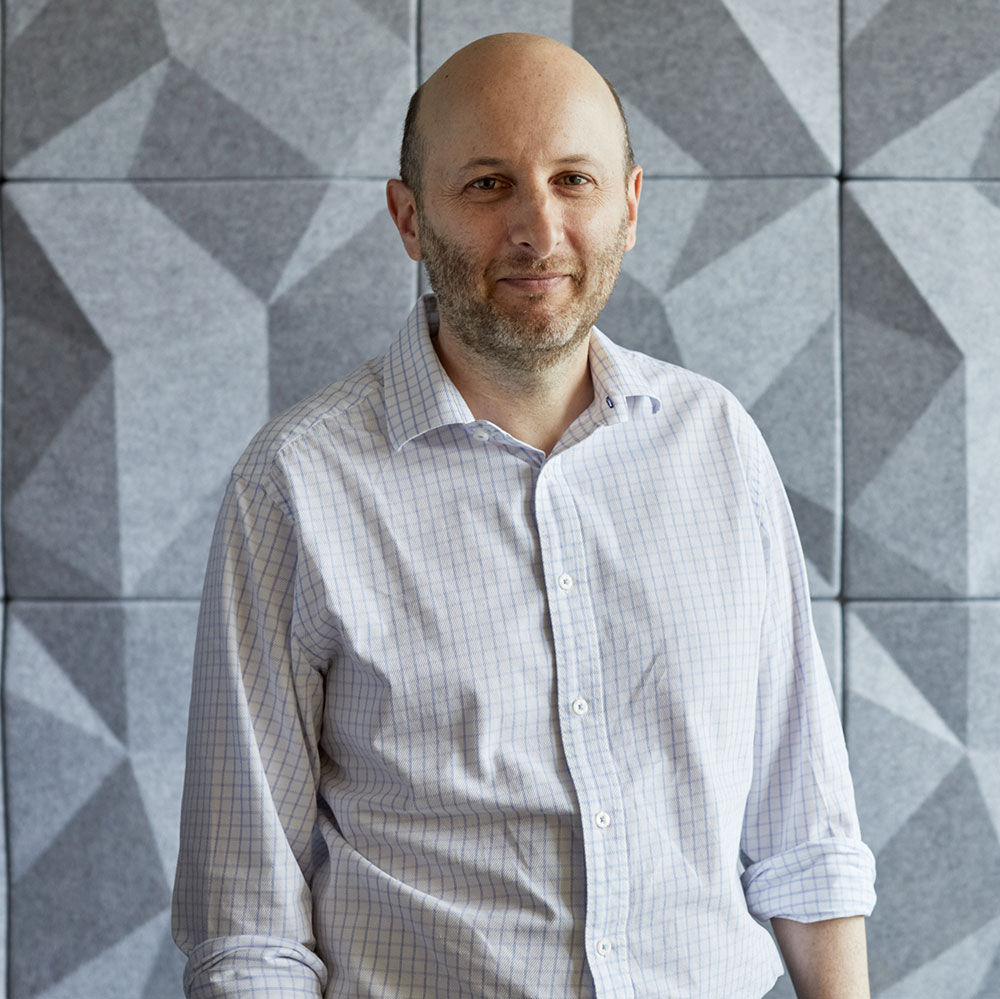Children’s Cancer Institute has won highly competitive funding from Cancer Council New South Wales to support three new research projects: one focusing on preventing childhood cancer, one on predicting relapse in children with leukaemia, and one on treating childhood brain cancers.
The first project, titled ‘Investigating ways to prevent aggressive childhood cancers’, will study risk factors for the development of embryonal cancers. To do this, Dr Belamy Cheung and colleagues in the Institute’s Embryonal Cancer Therapy and Prevention Group will be looking at the influence of a high fat diet, maternal obesity and high birth weight on the development of high-risk neuroblastoma. They will also investigate the potential of drugs targeting the metabolism of fatty acids and cholesterol to treat and potentially prevent the development of neuroblastoma.
Dr Cheung says that if successful, the project could lead to effective strategies during pregnancy, or in the early life of a baby, to prevent certain childhood cancers from developing – a major development that could save many lives and much heartbreak.
“Our project will be the first to identify and understand risk factors for embryonal cancer initiation. Importantly, we will be the first to determine if fatty acid synthesis inhibitor or cholesterol-lowering drug treatment can treat and ultimately prevent tumour development.”
The second project, ‘Redesigning testing for high-risk childhood leukaemia’, will be led by Professor Richard Lock and his team in the Institute’s Blood Cancers Theme, and aims to develop a new way to identify children with acute lymphoblastic leukaemia (ALL) who are at high risk of relapse. The researchers hope the new technique will be less invasive and more effective than the currently used technique, which relies on bone marrow sampling.
Excitingly, the new technique – based on blood testing and capable of detecting the smallest of traces of cancer – has the potential to be used in children and adults with other cancers, including solid tumours.
The third project to be awarded Cancer Council funding is ‘Testing a new dual treatment for aggressive childhood brain cancers’ and will focus on testing a new drug combination for the treatment of the most aggressive brain cancers in children. Associate Professor David Ziegler and his Brain Tumour Group will investigate whether the drug combination is able to ‘switch off’ a molecular pathway they discovered to be overactive in aggressive childhood brain cancer, thereby blocking cancer progression. They will also test if the drug combination enhances the effects of existing treatments for brain cancer.
If the project is successful, the new combination treatment strategy is likely to quickly progress to clinical trial in children with otherwise incurable brain cancers.
“The results from this project will lead directly to new clinical trials where we aim to offer new hope for children with the most aggressive brain cancers,” explained A/Prof Ziegler.
The total funds awarded by the Cancer Council exceeds $1.3 million, with each of the projects funded for a period of three years.














